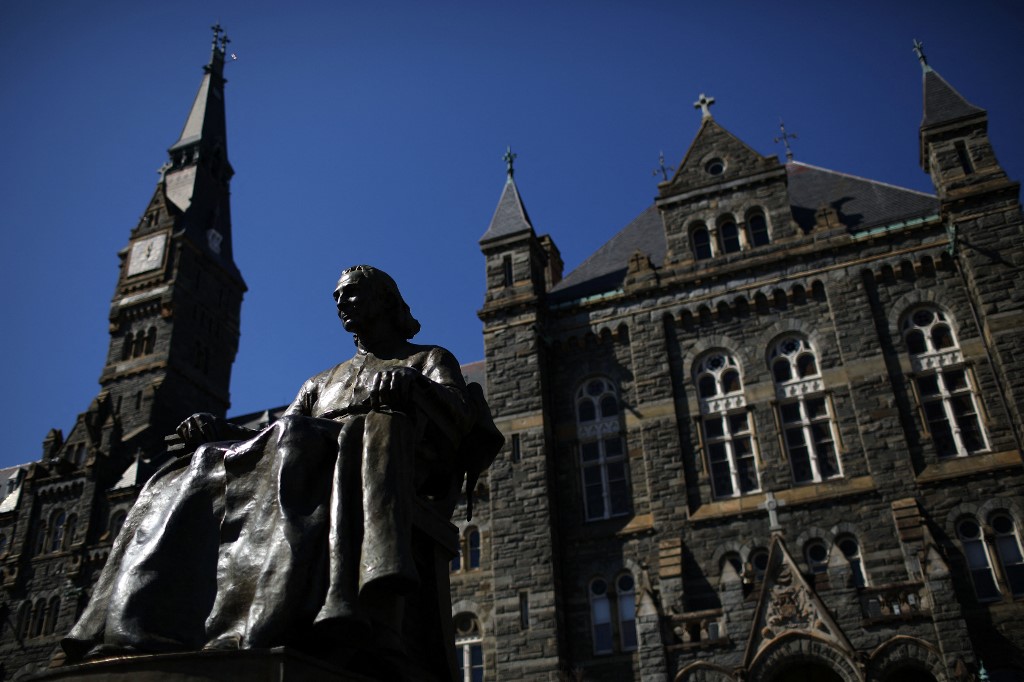On Wednesday, the Chinese government’s Ministry of Culture and Tourism advised its citizens to carefully evaluate the risks of traveling to the U.S., citing deteriorating Sino-U.S. relations and domestic security concerns. Simultaneously, the Ministry of Education cautioned students considering overseas study to assess the potential risks of pursuing education in the United States in the near future.
The Ministry of Culture and Tourism explicitly stated, “Due to the deterioration of Sino-U.S. economic and trade relations and the domestic security situation in the United States, the Ministry of Culture and Tourism reminds Chinese tourists to fully assess the risks of traveling to the United States and travel with caution.”
These warnings followed China’s announcement of a retaliatory 50% tariff increase on all U.S. goods entering the country, a response to U.S. tariffs that took effect the same day. Subsequently, U.S. President Donald Trump further escalated the trade conflict by announcing additional tariffs, bringing the total to 125%. He also paused other reciprocal tariffs on other nations, setting a new baseline of 10% with exceptions for specific sectors.
Beijing denounced the U.S. tariff hikes as “groundless” and an act of “unilateral bullying,” reinforcing the backdrop of strained diplomatic ties influencing the travel and education advisories.
The Ministry of Education’s warning to students comes on the heels of recent developments like Ohio’s Advance Ohio Higher Education Act, enacted last month. This legislation restricts academic exchanges by prohibiting public universities in Ohio from accepting gifts, donations, or contributions from entities affiliated with China, with the exception of tuition fees and alumni donations.
Data from Statistica indicates that approximately 1.6 million Chinese tourists visited the United States in 2024, a significant decrease from the 2.83 million travelers recorded in 2019 before the COVID-19 pandemic.



